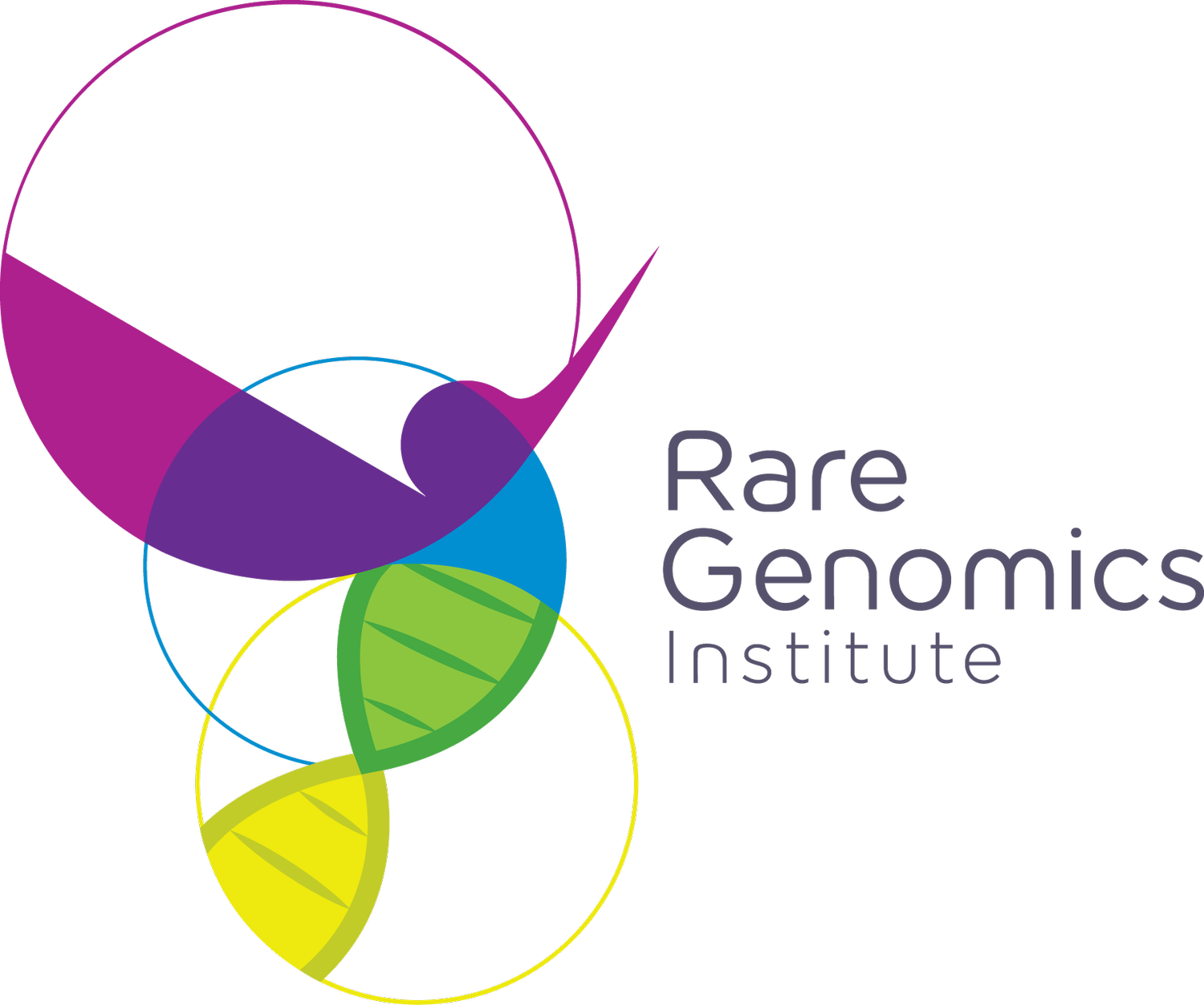Dopamine-Responsive Dystonia
What is Dopamine-Responsive Dystonia?
Dopamine-Responsive Dystonia (DRD), also called Dopa-responsive dystonia, is a disorder that involves involuntary muscle contractions, tremors, and other uncontrolled movements (dystonia). It can range from mild to severe. Symptoms appear in childhood and include clubfeet, unusual limb positioning, and a lack of coordination when walking. As time goes on, people with this condition could develop slow movement, muscle rigidity, tremors, and difficulty remaining upright and balanced. Dopamine-Responsive Dystonia is term that describes dystonia disorders that respond to levodopa, a synthetic form of dopamine (a brain chemical).
What is the prevalence of Dopamine-Responsive Dystonia?
Dopamine-Responsive Dystonia affects 1 per million people worldwide but may be under-diagnosed in people with mild symptoms.
How is Dopamine-Responsive Dystonia diagnosed?
Dopamine-Responsive Dystonia is diagnosed with a series of tests and clinical observations including a detailed health history, treatment with levodopa, and a cerebrospinal fluid sample. An oral phenylalanine loading test is helpful, but false negatives do occur.
Is there any specific gene/pathway in Dopamine-Responsive Dystonia that has been identified?
Yes. A common form of dopa-responsive dystonia is called Segawa's disease or DYT5 dystonia. This is an inherited condition caused by mutations in the GTP cyclohydrolase 1 gene (GTP-CH1). About 40% of DRD patients don’t have that gene mutation. Instead, they may have a mutation in the tyrosine hydroxylase gene (hTH) or autosomal recessive deficiencies of GTP-CH1 and aromatic L-amino acid decarboxylase.
How is Dopamine-Responsive Dystonia treated?
DRD can be treated effectively with levodopa, or a combination of levodopa and carbidopa. If the patient also has anxiety or depression, there are medications available.
Are there any clinical trials underway for Dopamine-Responsive Dystonia?
Currently, there are no clinical trials underway for this condition.
How can RareShare be helpful to Dopamine-Responsive Dystonia patients and families?
The Dopamine-Responsive Dystonia RareShare community has 5 members. Connect with patients, health workers, caregivers, and families interested in Dopamine-Responsive Dystonia.
